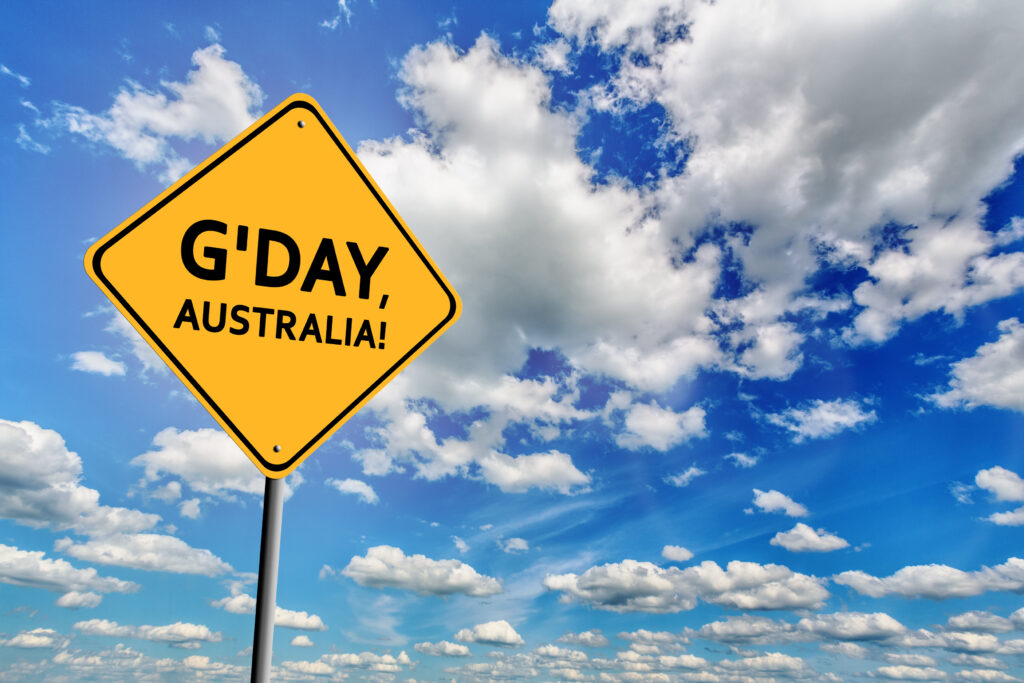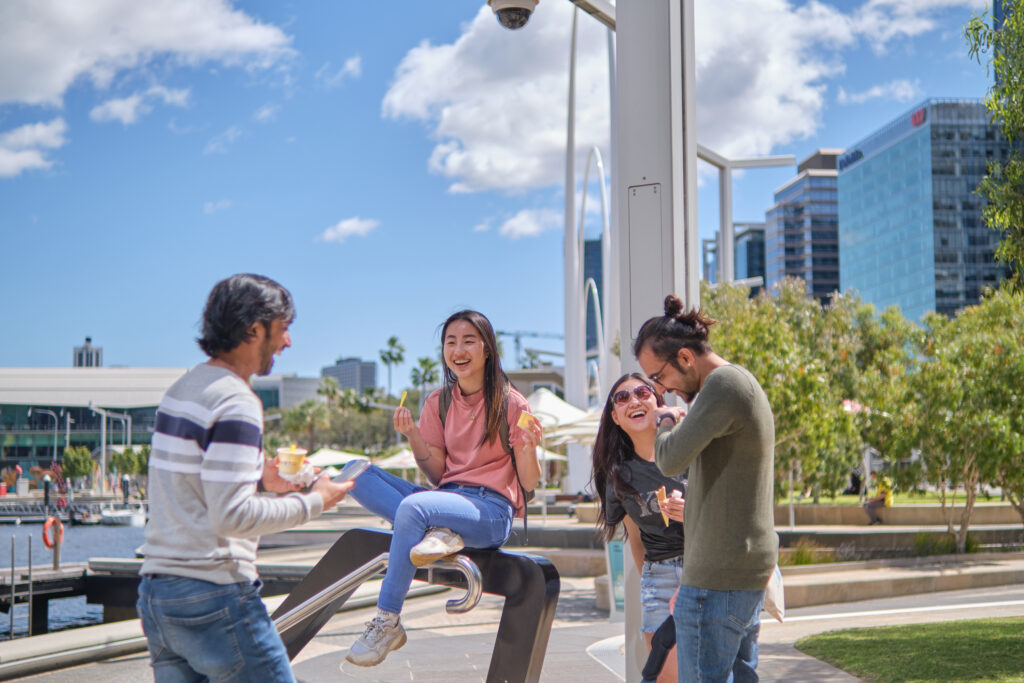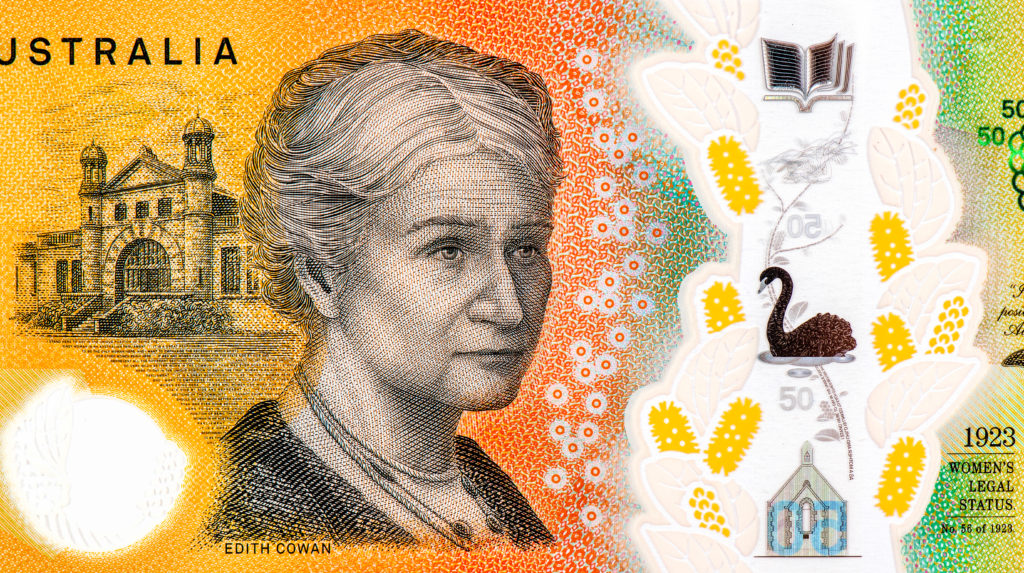Have you ever been out for brekky with your mates, perhaps eaten some avo on toast and felt chock-a-block afterwards? Maybe you were invited to a barbie on Saturday arvo but had to bail because you were feeling crook? I bet you’ve chucked a sickie once or twice before—don’t worry, we all have.
Welcome to the weird and wonderful world of Australian slang. Feeling confused? Don’t worry, I’m going to break it down for you below with a simple guide to Aussie shortened words and names.
Keeping it short and playful
Australians are famous for shortening their words—whether that’s brekky instead of breakfast or your friend Brianna who goes by Bri or Briza. The goal is to keep conversations playful, humorous and friendly—the idea behind Aussie slang is that it promotes a sense of equality and keeps interactions casual.
When it comes to people, the longer your name, the shorter your nickname. My name is Madeleine, but you’ll hear people call me Maddie. That often isn’t short enough and more often I go by Mads. If your name is short to begin with, you may end up with a longer nickname! Sometimes a nickname has nothing to do with your actual name—it might come from a funny situation or interest you share with a friend.
A long tradition
Australia’s relationship with abbreviating words can be traced back to its early colonial history when convicts and settlers alike used slang. This may have been to differentiate from their continental ancestors and it’s a habit that has been carried culturally through to today.
Interestingly, another theory points to baby talk and childhood language development. Nicknames are shorter and easier versions of another word after all.
To get technical, Australians often cut off the first syllable of a word and add a suffix at the end to create a whole new word. Some of the most common suffixes are:
- IE – Aussie (Australian), barbie (barbecue), selfie (fun fact – selfie is a word invented right here in Australia)
- O – doggo (dog), arvo (afternoon), ambo (ambulance)
- A – cuppa (cup of tea), onya (well done, good on you)
Everyday interactions
So, when are you likely to hear a nickname in the wild? Well, just about any time and any place! Aussies use nicknames in all settings to promote familiarity and friendship.
Your university lecturer might be Professor Robert, but you could hear them referred to as Rob or Robbo. In the workplace, you may have a coworker who goes by J.B. rather than their full name—Jessie Brown. If you play a team sport, a teammate might call you Buzz because you’re super speedy.
Whatever the nickname, it’s important to remember it should be respectful. Nicknames are fun, but they should never belittle or humiliate someone!
Working out your aussie nickname
If you’re itching to have an Aussie nickname of your own, try out this simple formula to get started:
The first syllable of your name + a new vowel = your Aussie nickname
You can choose to leave your nickname as the first syllable only or play around with vowels and sounds until something sticks. If your name is Christopher, you might like Chris or Chrisso. If your surname is McDonald, ditch the last part, add an ‘a’ or two and you could go by Macca.
Ultimately, the best nicknames come when they’re crowned by a friend. I was known as Chilli-Eye Joe after a dumpling fell off my fork into a plate of chilli oil, splashing me in the eye while I was dancing around to the song ‘Cotton-Eye Joe’.
Nicknames come and go, but the sting of chilli in your eye you’ll remember forever.
Read more: 10 Australian Phrases You Need to Know





